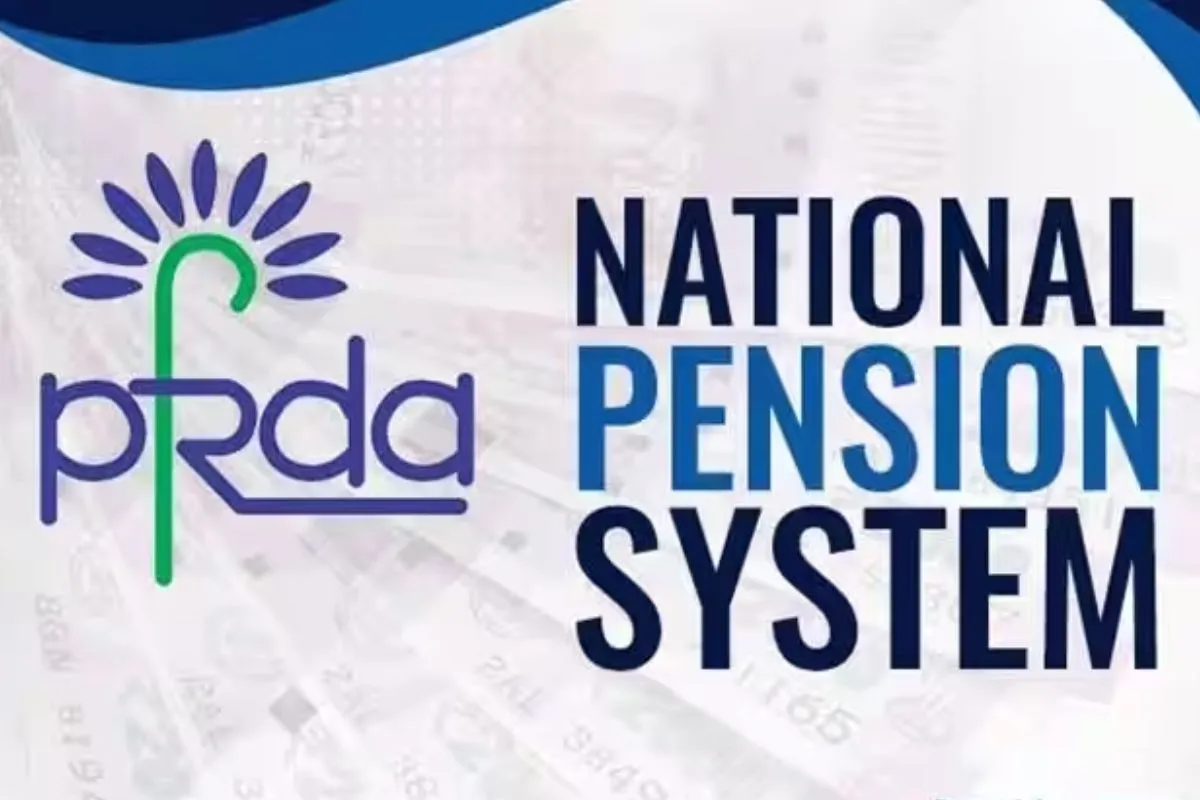National Pension System: Individuals in the private sector are confused about tax savings in a variety of ways. When taxes are withheld from salaries in February and March, people frequently question where they may invest to reduce their tax liability. Every worker is aware of the 80C exemption for up to Rs 1.5 lakh. However, there’s no accurate information available on how to save beyond this point.
Where may one find Section 80C investment exemptions?
Be aware that only investments up to a maximum of Rs 1.5 lakh are deductible under Section 80C. The following expenses are paid: life insurance premiums, deferred annuities, PPF contributions, premiums for unit linked insurance plans (ULIPs), payments for non-communutable deferred annuities, investments in national savings certificates, and tuition fees only for children’s education.
Investments in mutual funds, permitted debentures, shares, and fixed deposits (FDs) with a term of five years or longer, house loan repayment (just the principal amount), and Sukanya Samriddhi Account investments are all covered by section 80C.
This implies that investments up to a limit of Rs 1.5 lakh are exempt from income tax. Other than this, though, is there somewhere else you can invest and instantly save more tax? Allow us to explain this to you. It is likely that you are aware of the National Pension System (NPS). We’ll explain the advantages of investing in it to you today.
Can those who work for private companies invest in NPS and save taxes as well?
You can prevent pay deductions by registering an NPS account right away. Not only that, but NPS is an excellent retirement plan in addition to tax benefits. In January 2004, the National Pension Scheme (NPS) was launched.
This scheme was previously solely available to government employees to invest in. However, it became accessible to all groups of individuals in 2009. This implies that anyone can benefit from this plan. Large-scale private employment workers are now enrolling in this programme as well.
Why is investing in NPS required in order to save taxes?
You can contribute up to Rs 50,000 to the National Pension System (NPS) in order to avoid paying taxes. You can receive additional tax benefits of 80(C) on the NPS savings under section 80CD (1B) of the Income Tax Act. That is, you will be eligible for a separate income tax deduction on investments up to Rs 50,000 made into NPS. You can benefit from tax exemption on investments up to Rs 2 lakh, inclusive of 80C, in this manner.
What is this NPS?
In addition to tax exemptions, you can register an account with NPS if you want to continue earning more money after retirement. This account can be opened in either your wife’s or your name. In this plan, upon reaching 60 years of age, there is a lump payment and monthly pension option. This implies that you won’t be reliant on anyone after 60 years.
What Is the Benefit
As an example, let’s say you are thirty years old and you deposit Rs five thousand a month in an NPS account. You do this for thirty years, or until you are sixty years old. By the time you are sixty, you will have Rs 1.12 crore in your account with a 10% return on your investment.
The guidelines state that you would receive a lump sum payment of Rs 45 lakh as soon as you reach 60. In addition, a monthly pension of Rs 45,000 would be provided. Let us inform you that, during a 30-year period, the investor will invest a total of Rs 18 lakh. Interest rates may fluctuate in this predicted ten percent yearly return.
Disclaimer: This information is intended for general knowledge only. Any financial decisions should be made in consultation with a qualified professional. DNP News Network Private Limited is not liable for any financial losses incurred based on the information provided here.










